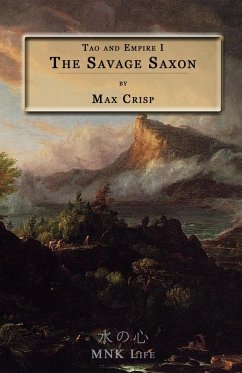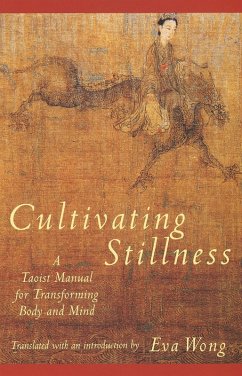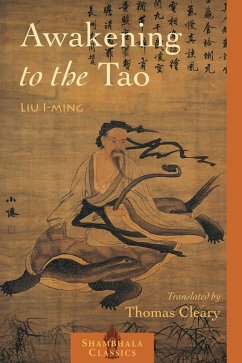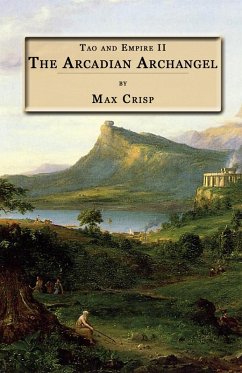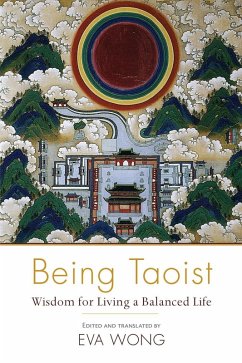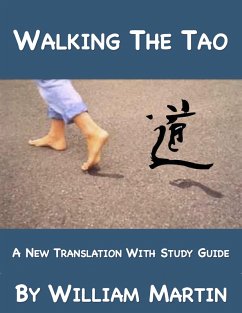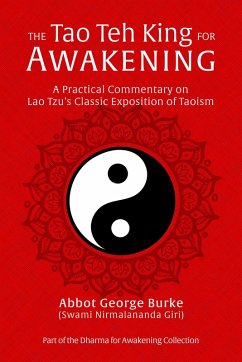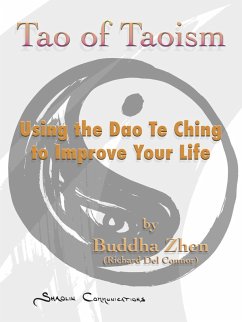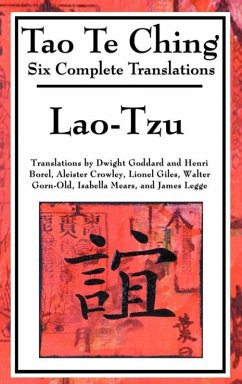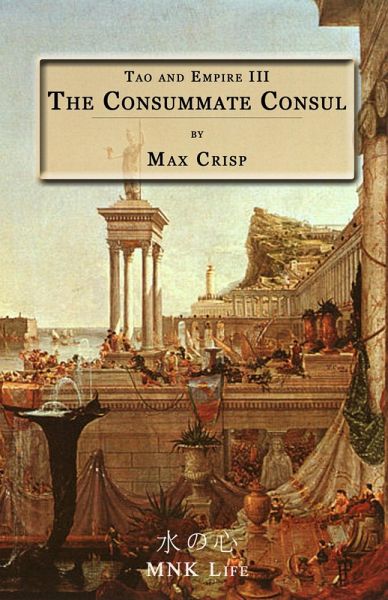
Tao and Empire III: The Consummate Consul (eBook, ePUB)

PAYBACK Punkte
0 °P sammeln!
This is the third volume of the Tao and Empire series. The series aims to recount the rise and fall of Imperial morals using as a basis an ancient philosophical text. In so doing, it strives to use fundamental truths as a constant, allowing the distortion of so-called dominant values for progressive means to be measured and viewed objectively. Whilst this is not a course on any particular imperial history, it does try to identify the misunderstandings that are made. From one volume to the next we see not only the chronology of the rise and fall of Empire, but also in a certain way the chronolo...
This is the third volume of the Tao and Empire series. The series aims to recount the rise and fall of Imperial morals using as a basis an ancient philosophical text. In so doing, it strives to use fundamental truths as a constant, allowing the distortion of so-called dominant values for progressive means to be measured and viewed objectively. Whilst this is not a course on any particular imperial history, it does try to identify the misunderstandings that are made. From one volume to the next we see not only the chronology of the rise and fall of Empire, but also in a certain way the chronology of the individual as he/she begins to perceive the world differently moving from childhood, through adolescence and on into the wild world of adulthood, the point at which agency enables a questioning of the status quo. Moving away from naiveté, the Consummate Consul describes the idealistic passage from emergence to stagnation. Follow the collective mind on its next step in this journey towards purgatory, decadence and derision. The Consummate Consul is the last chance to taste the balanced flavours of social stability. Tao and Empire is a series of new interpretations of the Dao De Jing, the ancient Chinese philosophical text, bringing revised and refreshed perspective to one of humankind's most highly regarded cannons of wisdom. As with the Emerald Tablet, every generation of scholars must choose whether to adapt its meaning to disseminate its value or conversely to encrypt it for the purposes of retaining a monopoly on that value. In a series of five volumes, Tao and Empire plays carefully with this balance. After all, the meaning of these texts is highly subjective and often somewhat opaque. The over-arching aim is to offer a series of interpretations that show how dominant societies inevitably embrace the way of the empire. At the same time, it not only embodies the rise and fall of civilisations, but also of the individual. Most centrally, however, are the ideas of equality and cooperation. Understanding the tribe from the eyes of an ape, or the Empire through the eyes of a citizen, forms a right of passage for any member of the civilisation, regardless of their status. There are no tangential paths that may be taken, and we must accept the cycle of change as the only constant.
Dieser Download kann aus rechtlichen Gründen nur mit Rechnungsadresse in A, B, CY, CZ, D, DK, EW, E, FIN, F, GR, H, IRL, I, LT, L, LR, M, NL, PL, P, R, S, SLO, SK ausgeliefert werden.




